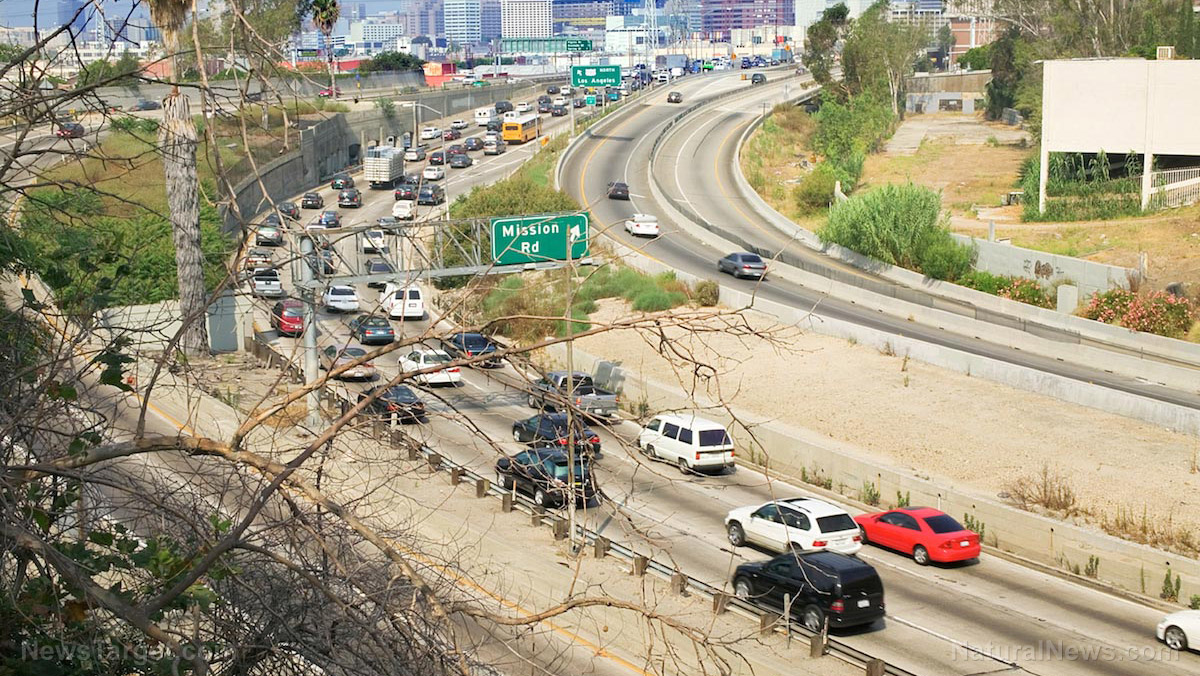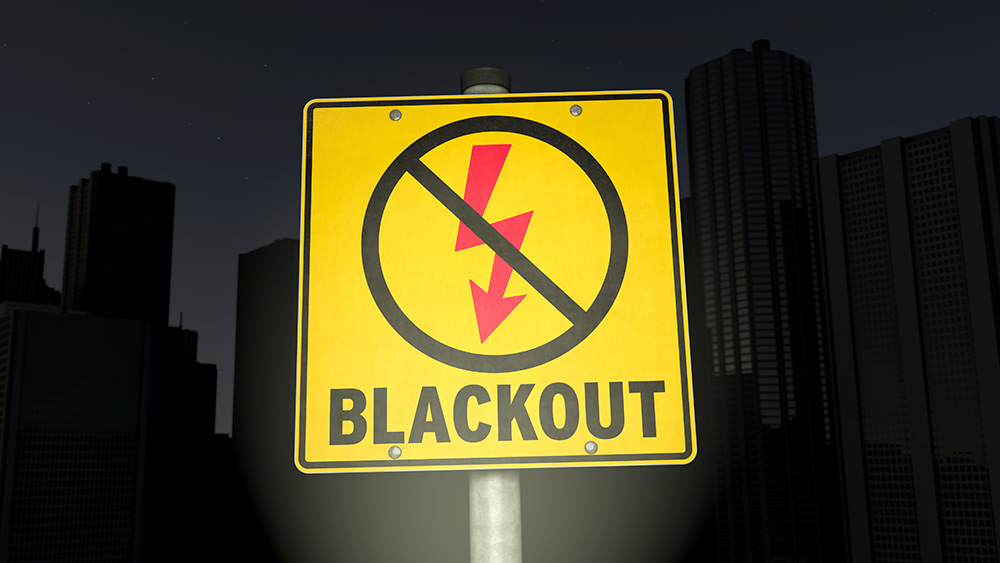 Parler
Parler Gab
Gab
- The U.S. Senate voted 51-44 to block California’s mandate requiring 80% of new car sales to be electric by 2035, sending the measure to President Trump for approval.
- Republicans argued the EV mandate was unrealistic, costly, and harmful to consumers, while Democrats and California officials pledged legal action to defend the rule.
- California’s Advanced Clean Cars II rule aimed for 100% zero-emission vehicle sales by 2035, but critics warned of weak consumer demand and unaffordable costs.
- EV adoption faces challenges, including high prices, unreliable charging infrastructure, and environmental concerns tied to battery production and fossil-fueled electricity.
- California officials accused Republicans of siding with polluters, while GOP leaders framed the vote as protecting consumer choice and economic reality.
A costly and unachievable mandate
California’s Advanced Clean Cars II rule, enacted in 2022, would have forced automakers to ensure that 35% of new vehicles sold in the state by 2026 were zero-emission or plug-in hybrids, escalating to 100% by 2035. The policy, adopted by 11 other states, was touted by Gov. Gavin Newsom as essential to reducing carbon emissions and improving public health. But critics, including automakers and Senate Republicans, warned that the mandate was unworkable and would drive up costs for consumers while failing to account for weak consumer demand for electric vehicles (EVs). “I have not seen a forecast by anyone … government or private, anywhere that has told us that that number is achievable. At this point, it looks impossible,” said Jack Hollis, chief operating officer of Toyota Motor North America, in November 2024. “Demand isn’t there. It’s going to limit a customer’s choice of the vehicles they want.” Republicans echoed these concerns, framing the vote as a defense of consumer freedom and economic reality. “America cannot meet these impossible standards,” said Senate Majority Whip John Barrasso (R-Wyo.). “Not next year, and not in 10 years.”EVs are a flawed solution
While California officials and environmental groups insist that EVs are the future, the reality is far more complicated. Electric vehicles remain prohibitively expensive for many Americans, with high upfront costs and unreliable charging infrastructure. Additionally, the environmental benefits of EVs are often overstated. The production of lithium-ion batteries requires extensive mining, often in environmentally destructive ways, and the electricity used to power these vehicles frequently comes from fossil fuels. Furthermore, California’s own EV sales have stagnated, with zero-emission vehicles making up just 23% of light-duty vehicle sales in 2025—far below the 35% target set for next year. “Banning gas and hybrid cars is a national issue that should be decided by Congress, not an unelected state agency,” argued Mike Stanton, president of the National Automobile Dealers Association. Democrats and California officials decried the Senate’s move as an unprecedented attack on states’ rights. Gov. Newsom accused Republicans of siding with polluters, stating, “This is not about electric vehicles. This is about polluters being able to pollute more.” California Attorney General Rob Bonta announced plans to sue, arguing that the Senate’s use of the Congressional Review Act to revoke the state’s waiver was unlawful. However, Republicans countered that California’s rules were effectively imposing a de facto national standard, given the state’s outsized influence on the auto market. “When the Biden Administration granted waivers to California under the Clean Air Act, establishing technically unachievable emission standards along unrealistic timelines, it created a cascade of consequences that are now reverberating across the country,” warned Chris Spear, president of the American Trucking Associations. The Senate’s decision marks a significant pushback against California’s attempt to force an EV transition that many Americans are not ready for. By blocking the mandate, Congress has preserved consumer choice, protected the auto industry from unrealistic regulations, and challenged the flawed assumption that electric vehicles are the only path forward. While California vows to fight in court, the message from Washington is clear: energy policy should be driven by practicality, not ideology. Sources for this article include: 100PercentFedUp.com LATimes.com NYPost.comAutoimmune survivor exposes flaws in western medicine: ‘Fear Is the System’s Control Tool’
By Finn Heartley // Share
U.S. to halt penny production in 2026, saving $56 million annually
By Cassie B. // Share
Spain’s renewable energy experiment triggers nationwide BLACKOUT
By Lance D Johnson // Share
EU digital identity wallet sparks privacy concerns amid rollout
By Laura Harris // Share
House Ways and Means Committee considers universal de minimis ban amid U.S.-China trade war
By Laura Harris // Share
Governments continue to obscure COVID-19 vaccine data amid rising concerns over excess deaths
By patricklewis // Share
Tech giant Microsoft backs EXTINCTION with its support of carbon capture programs
By ramontomeydw // Share
Germany to resume arms exports to Israel despite repeated ceasefire violations
By isabelle // Share










